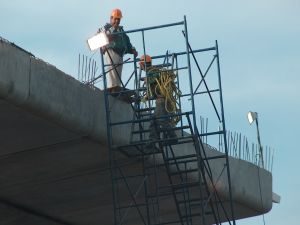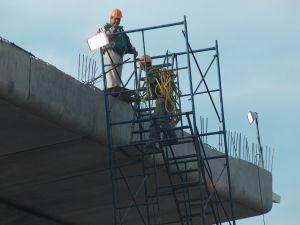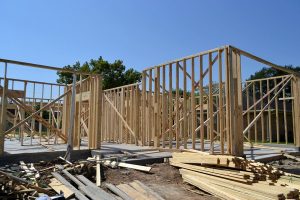New Jersey Construction Law Opinion Explains Elements of Construction Lien Law and Prompt Payment Act
The Appellate Division of the Superior Court recently issued an opinion illustrating several important points regarding construction liens under the New Jersey Construction Lien Law and collection of payment under the New Jersey Prompt Payment Act.
Background
In that case, Prime Time Construction, LLC vs. Vimco, Incorporated, , Prime Time Construction, LLC was the general contractor on three construction projects in Paterson. The properties were owned by three limited liability companies which were related to Prime Time. Prime Time executed written subcontracts with Build Logistics, Inc. (“BL”) to do the masonry and excavation work on the projects. BL executed a written contract with Vimco to provide materials for two of the projects. Vimco provided the materials directly to BL; it had no contract with Prime Time or the owners. Prime Time paid BL the full amount under the contract for all the work it performed and materials it provided. However, BL abandoned the project and failed to pay Vimco.
Paterson. The properties were owned by three limited liability companies which were related to Prime Time. Prime Time executed written subcontracts with Build Logistics, Inc. (“BL”) to do the masonry and excavation work on the projects. BL executed a written contract with Vimco to provide materials for two of the projects. Vimco provided the materials directly to BL; it had no contract with Prime Time or the owners. Prime Time paid BL the full amount under the contract for all the work it performed and materials it provided. However, BL abandoned the project and failed to pay Vimco.
 New Jersey Lawyers Blog
New Jersey Lawyers Blog


 previously created
previously created  date of April 1, 2020 through December 31, 2020, they may be extended. Much depends on the current standoff between Congress and President Trump.
date of April 1, 2020 through December 31, 2020, they may be extended. Much depends on the current standoff between Congress and President Trump. dismiss her complaint and enforce an arbitration agreement which required the parties to
dismiss her complaint and enforce an arbitration agreement which required the parties to  litigation process, but still provide an enforceable dispute resolution process.
litigation process, but still provide an enforceable dispute resolution process. the Superior Court of New Jersey in the case of
the Superior Court of New Jersey in the case of  under New Jersey employment law, but in its application let the exceptions swallow the rule.
under New Jersey employment law, but in its application let the exceptions swallow the rule. is to have a well-written contract.
is to have a well-written contract. but not including any order requiring the taking of emergency measures….” This is an important tool under New Jersey
but not including any order requiring the taking of emergency measures….” This is an important tool under New Jersey  agreed to and then not get paid, despite the fact that they met all the project’s specifications and did a great job. It is a well-founded worry. Companies or people who don’t want to pay devise many different schemes, sometimes claiming defects with the work, delay damages, failure to do proper paperwork, the excuses are as varied as is human imagination. To be clear, sometimes these claims are legitimate, but sometimes they are not, and good contractors need to get paid to do the work and to stay in business.
agreed to and then not get paid, despite the fact that they met all the project’s specifications and did a great job. It is a well-founded worry. Companies or people who don’t want to pay devise many different schemes, sometimes claiming defects with the work, delay damages, failure to do proper paperwork, the excuses are as varied as is human imagination. To be clear, sometimes these claims are legitimate, but sometimes they are not, and good contractors need to get paid to do the work and to stay in business.